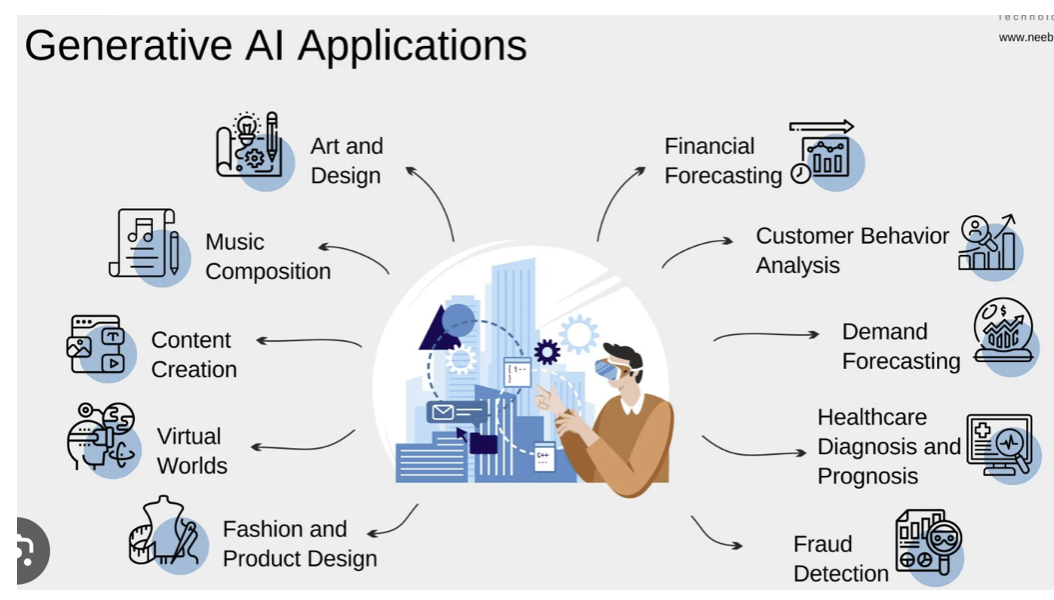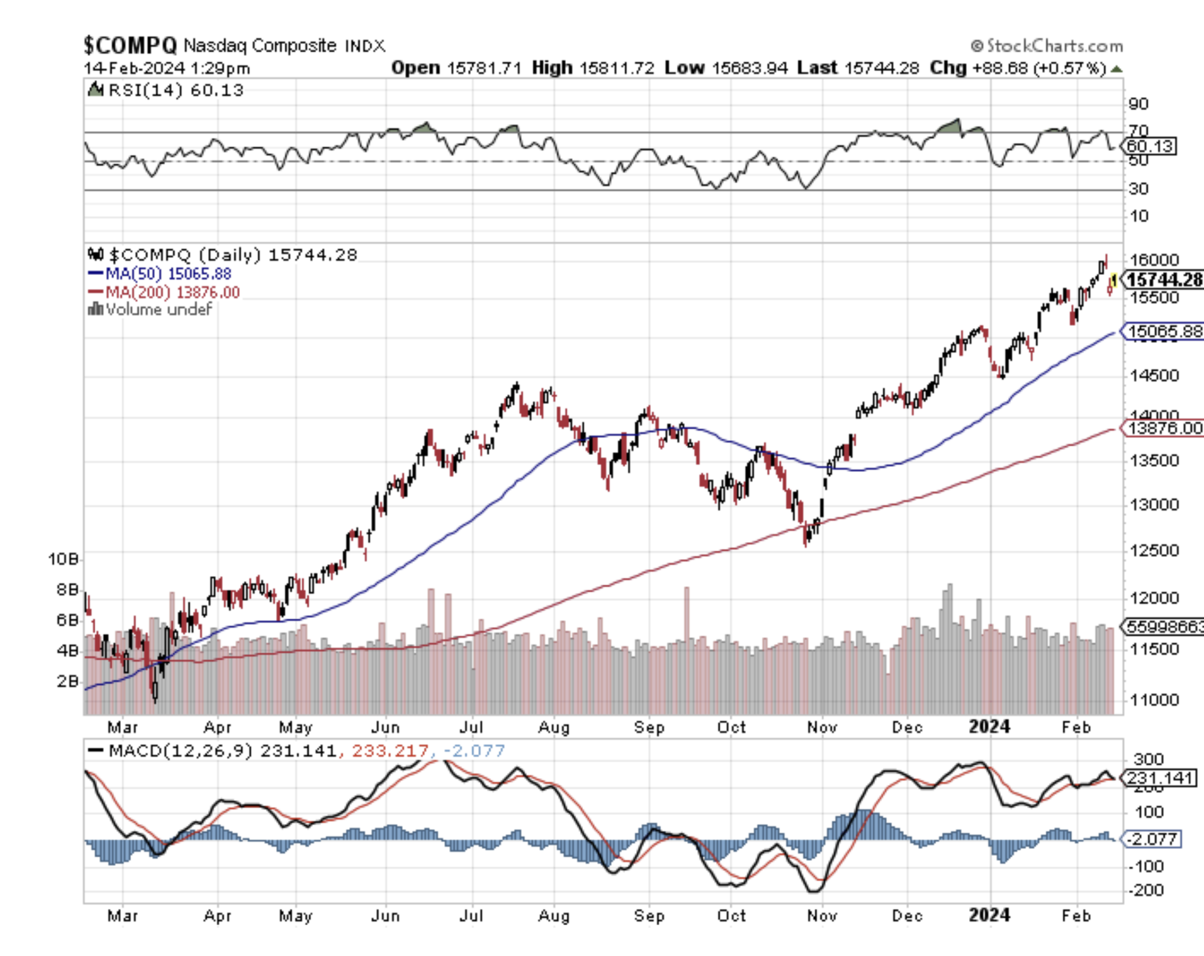A Big Risk With AI
What makes AI mesmerizing and, at the same time, weird is the fact that the technology is accessible to everyone.
Remember when computers were so expensive only a handful of people like Bill Gates had one.
This time it’s different.
AI isn’t like that since it’s a piece of software used on a laptop and the cost of computers has trended lower over the generations.
From simple text or image-generating bots to highly sophisticated machine learning algorithms, people now have the power to create large volumes of realistic content at their fingertips which is one manifestation of AI.
The problem with this is that it underpins illegal activities and encourages scams.
With the help of natural language generation tools, fraudsters can put out vast quantities of texts containing false information quickly and efficiently.
This AI-generated content with false or inaccurate data manages to find its way into places that matter.
In fact, it's possible to create entire websites populated by fake news that drive massive organic traffic and, thus, generate massive ad revenue.
One notch down from straight-up scams is a public feeding frenzy over artificial intelligence companies and stocks that encourage some companies to make hyped-up claims.
I would be extremely reticent of overseas companies that have a history of not protecting tech companies from IP theft like China.
China and digital media don’t go too well together, because much of the content is “borrowed” and from now on it will be AI-produced.
It could be the case that many of these scams will originate from the East.
That’s one part of the world that will use AI to take corporate shortcuts and when they can take an inch, they usually take a million miles.
If a company is raising money from the public, though, it needs to be truthful about its use of AI and associated risks.
They also shouldn’t lie about whether they use an AI model or how they use AI in specific applications.
The media has consistently been highlighting AI as an existential threat and that means at the business level too.
As nefarious actors deploy AI in ways that create reckless or knowing disregard for the risks to investors, this could increase the cost of doing business
It also could have a knock-on effect where people just don’t trust what is on the internet at all anymore and will simply remove themselves from it.
By that time, this might turn out to mean removing themselves from their VR headsets in 2030, but the impact is the same.
Tech firms ($COMPQ) can only spin profits if the consumer spends half their time on a device and if that goes away, these companies go away too.
Ultimately, tech companies need to be careful how they deploy AI and how the spread of AI affects them at the business level, but also at an existential level.
There’s still a chance that AI could destroy a lot of what has made American corporations so strong after the 2nd world War.
In fact, it could end up like a virus gutting the spirit in which tech firms can do business and obviously, the most to lose are the biggest and most successful tech firms.
On the flip side, AI could become a force of good and boost profits 100-fold if used in the right way, but there is still a real chance AI will ruin Silicon Valley.



